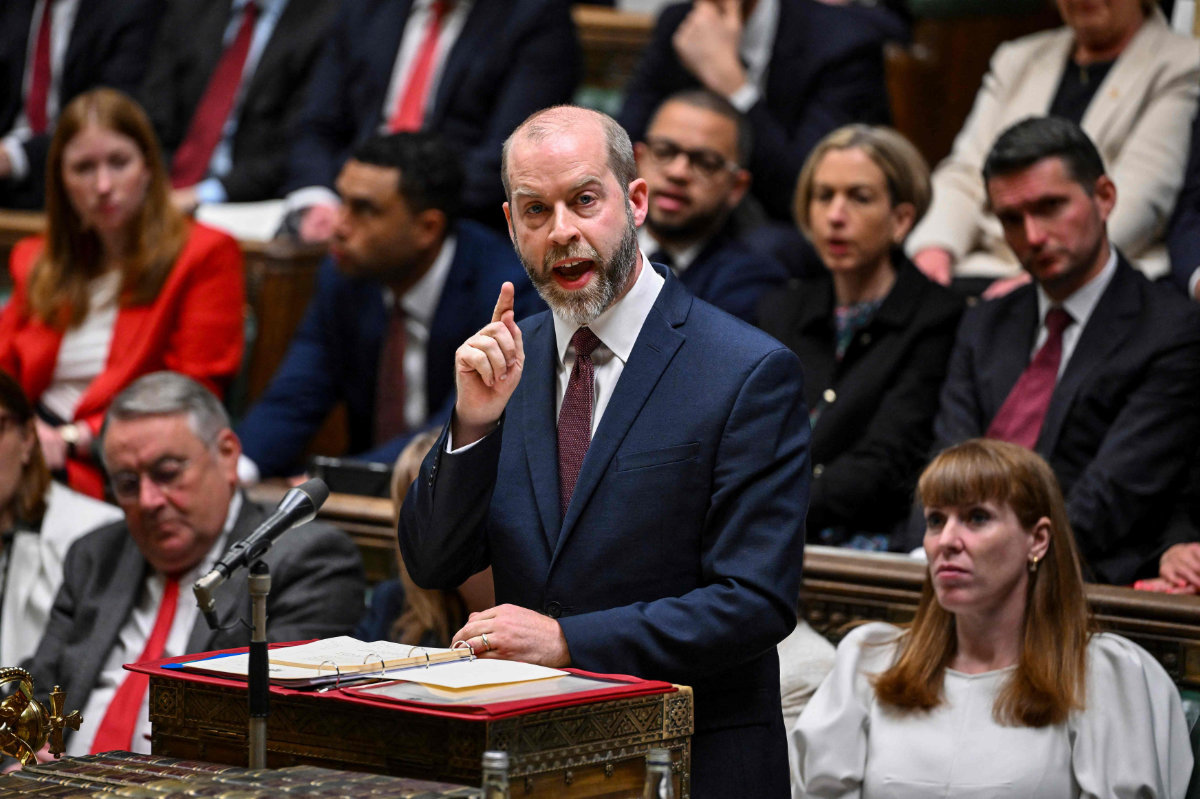DHAKA: While Muslims around the world travel to their hometowns to be with family for Eid Al-Fitr, thousands of Rohingya refugees are marking the end of Ramadan on a remote Bangladeshi island, unable to even see their relatives in nearby refugee camps on the mainland.
Ajhida Begum, who lives on the Bhasan Char island with her husband and six children, is one of its first inhabitants. This year, she will mark her fourth Eid there.
“I really miss my relatives. While I can’t be with them physically, I make phone calls, both video and audio, and it’s the only way to maintain our bonds, especially during Eid Al-Fitr,” she told Arab News.
“Visiting friends and relatives, gossiping, and sharing special food with my parents and siblings on Eid are moments I always remember. I deeply miss these moments on Eid day.”
Begum is one of nearly 36,000 Rohingya refugees relocated to Bhasan Char by the Bangladeshi government since 2020.
Authorities aim to eventually move up to 100,000 Rohingya to the island to take pressure off Cox’s Bazar district, where more than 1.3 million refugees are cramped inside 33 camps, where they have limited access to job opportunities and education.
Bhasan Char offered a promise of better livelihoods, but the 52 sq. km island was originally a sandbar that emerged in the early 2000s. Vegetation is scarce and even fresh water supplies depend entirely on man-made systems.
“Life in Bhasan Char is very difficult and challenging, as sources of income for daily living are extremely limited here,” Begum said.
“I couldn’t arrange anything special for Eid this year. I borrowed some money from my neighbors to prepare a few dishes for my children. I’ve made vermicelli and chicken curry for them. Having a sweet dish on Eid morning is our tradition, and with the vermicelli, I’m trying to keep that tradition alive. That’s the only special thing I could manage for this Eid.”
Like most of those living on the island, she has not been able to visit her relatives since moving there.
Rohingya in Bhasan Char are not allowed to travel freely and require special permission to do so. There are no regular public transport services to the island, which is located some 68 km off the coast of mainland Bangladesh.
Molowi Abdul Jalil, who lives in Bhasan Char with his wife and children, is waiting for the moment to reunite with his family — not only in Cox’s Bazar but also in Myanmar.
“The things I most want to do with them are visiting our village and praying at the graves of my mother, father and relatives. I haven’t had the chance to do that since being forcibly displaced from our birthplace in Rakhine,” he said.
A mostly Muslim ethnic minority, the Rohingya have lived for centuries in Myanmar’s western Rakhine state but were stripped of their citizenship in the 1980s and have faced systemic persecution ever since.
In 2017 alone, some 750,000 of them crossed to neighboring Bangladesh, fleeing a deadly crackdown by Myanmar’s military, which the UN has been referring to as a textbook case of ethnic cleansing.
A father of two daughters and three sons, Jalil is in touch with his relatives through video and audio calls.
“I sadly miss visiting my relatives from door-to-door and the warm embraces we used to share,” he said.
“Celebrating Eid in complete isolation without friends and extended family is not really a celebration at all.”
But what living on the island offered was safety and better conditions than in the squalid camps of Cox’s Bazar.
“The security situation here is better. It’s less chaotic. Our children can enjoy a better environment with enough space to roam around,” he said.
“Livelihood opportunities are very limited, just as they are in the Cox’s Bazar ... Somehow, I was able to buy new clothes for my children. I couldn’t afford any for myself, but I am still grateful that Allah, the Almighty, helped me provide new clothes for the kids.”
Monira Begum, a young mother who spent most of her adult life in Bangladesh and moved to Bhasan Char when she was 20, is still not accustomed to the island.
“It breaks my heart when I think of preparing for Eid Al-Fitr on this island ... Nothing gives me hope for my life here. It’s a completely isolated existence, as we are not allowed to leave the island without prior permission from the authorities,” she said.
“I have already observed Eid four times on this harsh island. I can’t even imagine how it would be to celebrate Eid with my family in the Cox’s Bazar camp ... I remember when we used to share food, visit homes, and feel the warmth of hugging.”





























